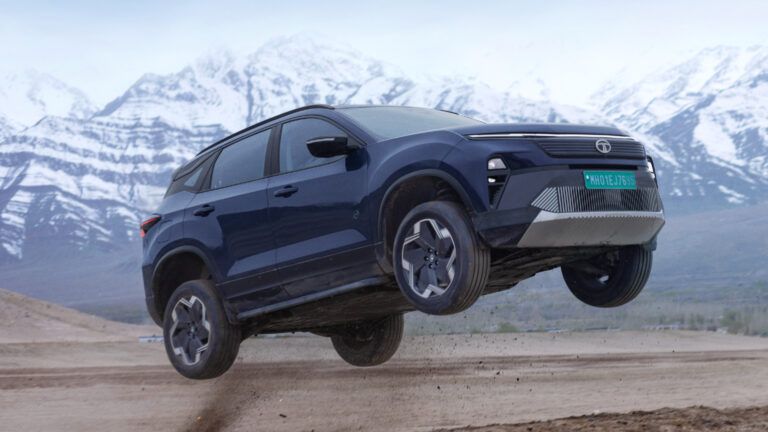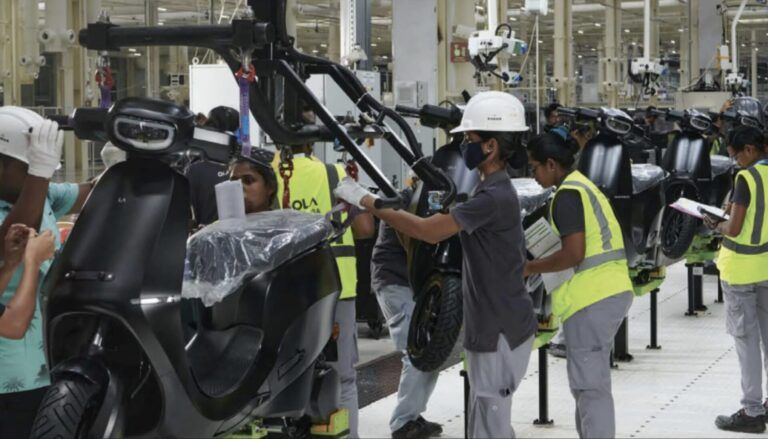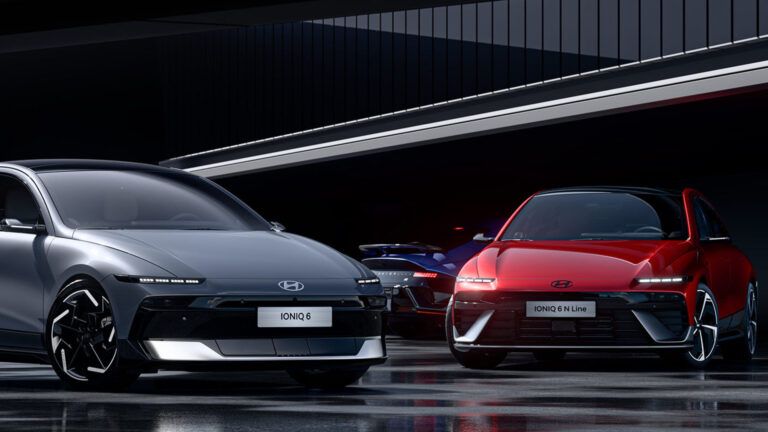Today, the Finance Minister Nirmala Sitharaman presented the Union Budget 2024. During the presentation, Sitharaman focused on the central government’s top priorities, which include employment and skilling, manufacturing and service sectors, infrastructure expansion, and human resource development.
However, it delivered a mix of expectations and outcomes for the growing Indian automotive sector. The industry had expected significant initiatives like FAME III and tax incentives to accelerate the adoption of electric vehicles and boost local production. Nevertheless, the budget introduced several measures that will directly and indirectly benefit the industry in the future.
Meanwhile, the finance minister did not discuss the automotive sector in her budget speech. However, the government exempted import duties on 25 minerals, including lithium, copper and cobalt. This decision aims to cut down manufacturing costs of batteries, which will lead to reduced prices for electric vehicles.
Most auto industry leaders have responded optimistically to the Union Budget 2024.
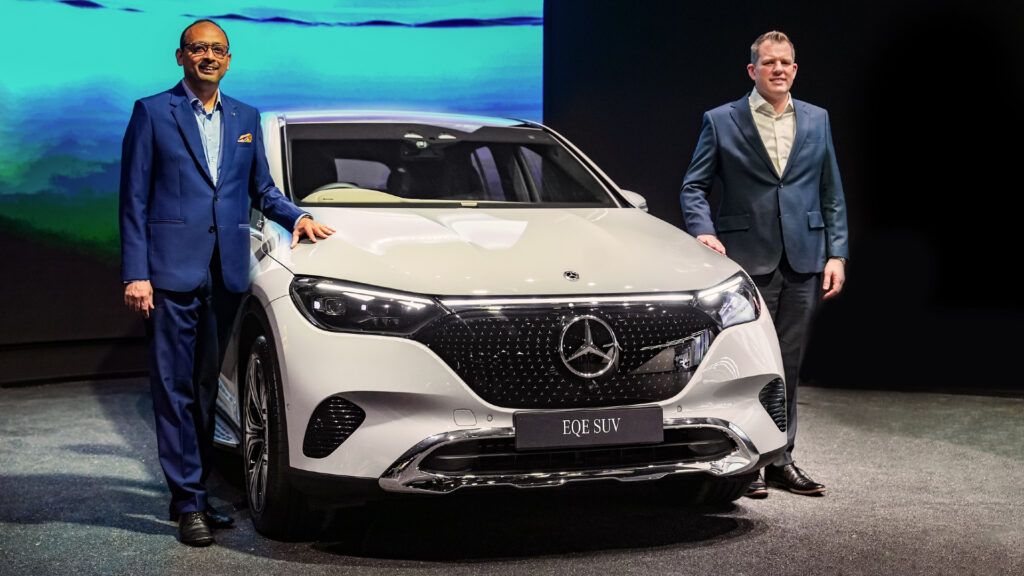
Santosh Iyer, MD & CEO of Mercedes-Benz India, commented on Union Budget 24-25, stating:
“The budget clearly underlines Govt’s priorities on creating a robust foundation for a developed Indian economy. We are glad the capex on infra projects tops govt’s priority, with 3.4% GDP allocation.
We were expecting GST announcement of long-term continuation of reduced GST for BEVs. However, developing a climate finance taxonomy to aid capital for climate adaptation and mitigating climate change, is a step in the right direction for achieving climate commitments.”
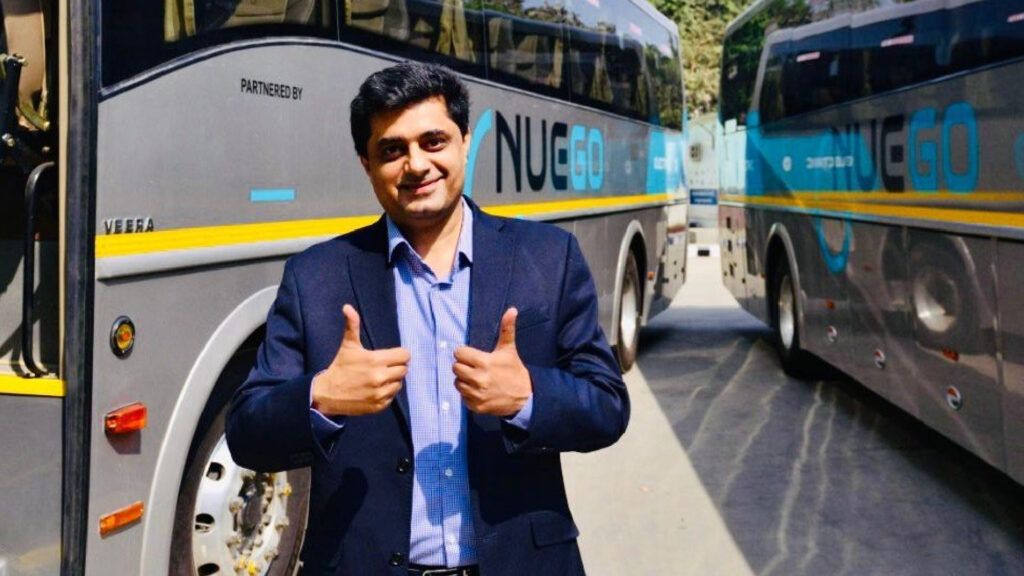
Devndra Chawla, MD & CEO, GreenCell Mobility applauded Union Budget under Modi 3.0
“We appreciate the significant steps taken towards infrastructure development & sustainable transportation by the hon. finance minister in the first union budget under Modi 3.0 government. GreenCell Mobility remains committed to contributing to India’s sustainable development goals by promoting green mobility solutions and supporting the government’s efforts towards a greener and more connected future.
The proposal of industrial parks and road connectivity projects, including the Rs 26,000 crore investment in road infrastructure, will go a long way towards achieving the vision of Viksit Bharat. Also, GreenCell Mobility is optimistic about the positive ripple effect these initiatives will have on the economy.
The reduction in tax slabs under the New Tax Regime is a game-changer. With more disposable income, people will find it easier to travel and explore new destinations. At GreenCell Mobility, we applaud this move as it will encourage more people to choose eco- friendly transportation options like our NueGo service.”
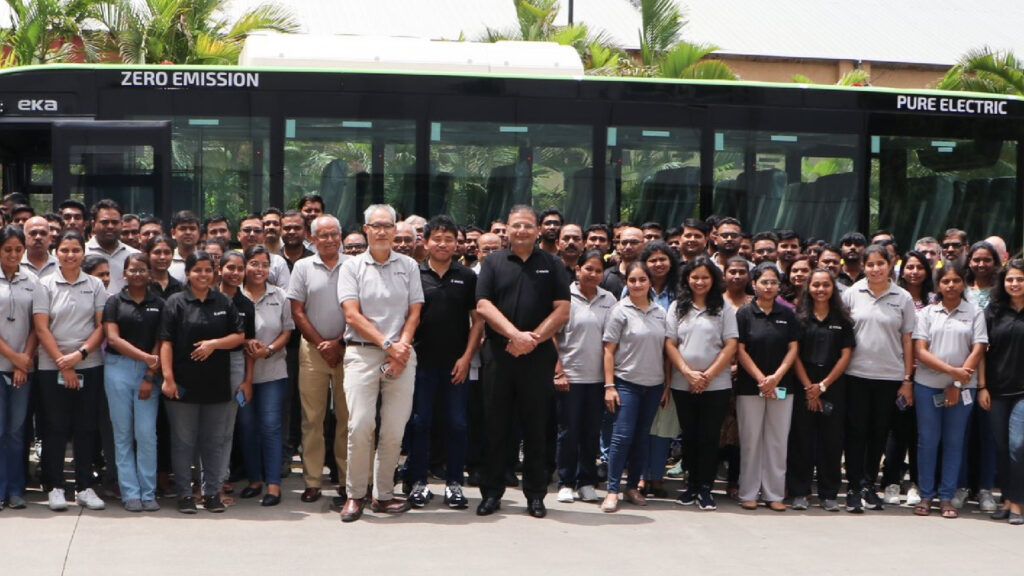
Dr Sudhir Mehta Founder and Chairman EKA Mobility, Pinnacle Industries, said:
“Today’s union budget marks a significant milestone in India’s journey toward becoming a $5 trillion economy and solidifies its role as a global growth engine.
The introduction of a credit guarantee scheme for MSMEs, which facilitates term loans without collateral or third-party guarantees, is a game-changer. By reducing the turnover threshold for mandatory onboarding on the TReDS platform from Rs 500 crore to Rs 250 crore, the government is making it easier for smaller MSMEs to benefit from this essential online platform.
Additionally, opening 24 new SIDBI branches will enhance support for MSME clusters across the country. Likewise, the abolition of the ‘Angel Tax’ for all investors in start-ups is another progressive move, offering substantial relief and encouraging greater investment in innovation and entrepreneurship.”
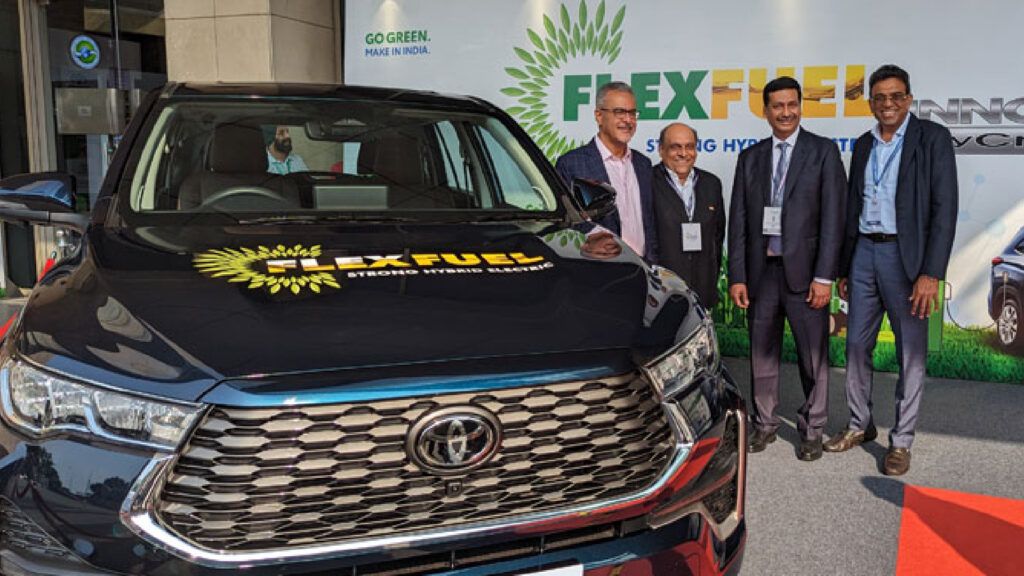
Mr. Vikram Gulati – Country Head and Executive Vice President, Toyota Kirloskar Motor, said:
“The budget is finely balanced with the government continuing to focus on infrastructure development, while maintaining the glide path towards fiscal consolidation by keeping the fiscal deficit at 4.9%.
It is encouraging to note the various measures proposed by the government towards energy transition and for mitigating climate change. Furthermore, the fight against carbon emissions and the goal of achieving carbon neutrality by 2050 is at the core of Toyota Kirloskar Motor (TKM) sustainability efforts.
Also, we welcome the increased emphasis towards education and skilling with the introduction of several transformative measures for students and youths. At TKM, youth upskilling is one of the core areas where we have been contributing aligning with ‘Skill India’ initiative, through various skill programs making them industry ready.
Reiterating our pursuit of ‘Grow in India, Grow with India’, we at TKM are aligned with the nation’s priorities, committed with our strong efforts towards the set path of ‘Viksit Bharat’.”


